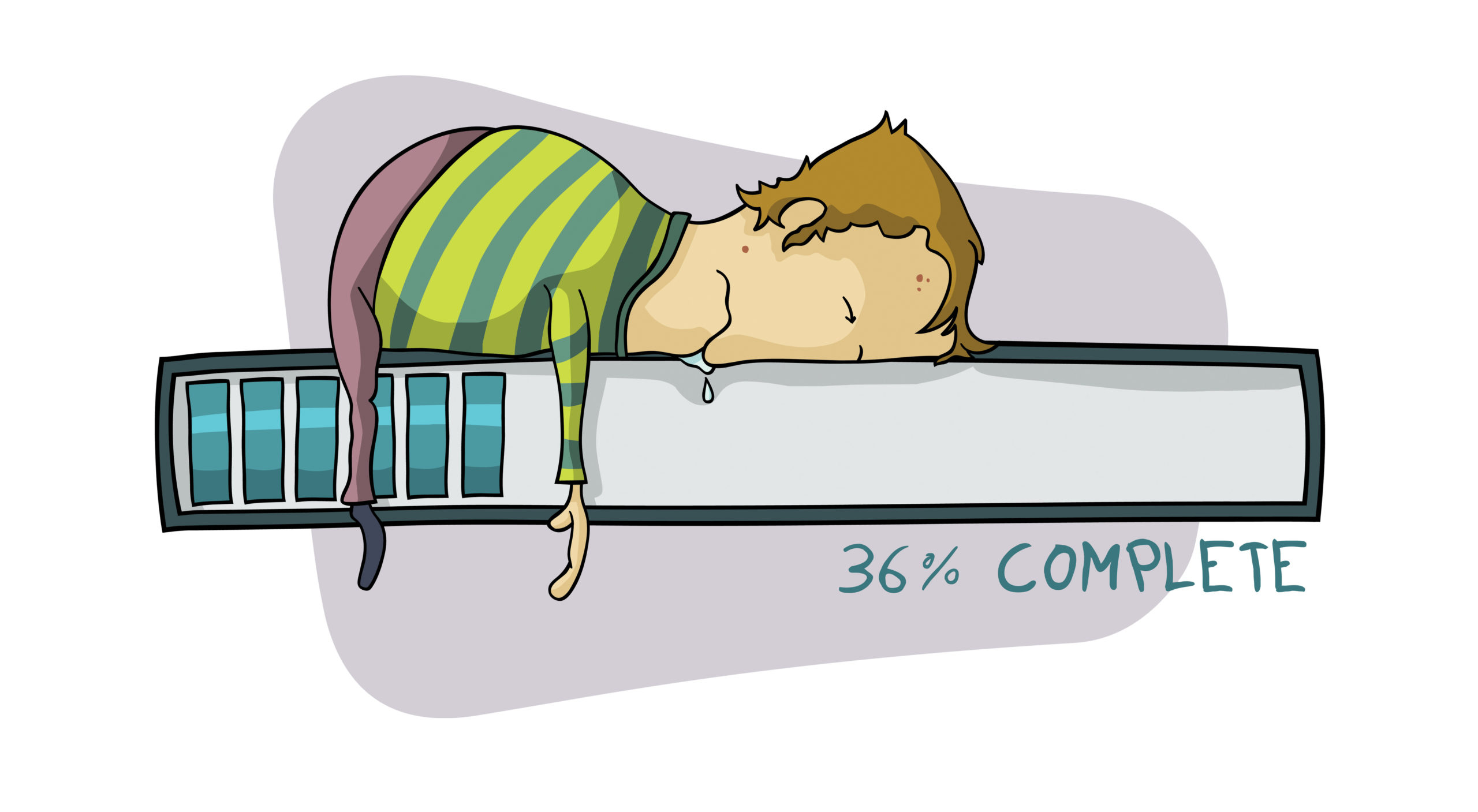
HELLO everyone, and happy Thanksgiving.
This month, I’d like to talk about your hard drive. Whether you realize it or not, it is the most important part of your computer. It reminds me of that MasterCard commercial: “Brand new computer: $1400. Internet access: $20/month. All of the data on your hard drive: priceless.”
Your hard drive is your storehouse for all your personal information, plus many things that you take for granted. Here’s one small example: your browser’s list of Favorites (or bookmarks) that lets you quickly access your most valuable Web sites. Over time, you can build a nice collection of literally hundreds of Web sites organized in neat folders. Then one day, poof, your hard drive crashes. How long will it take you to rebuild this list of sites? How aggravating will that be when you can’t remember the addresses of some of those sites?
That’s just one small example, and there are literally hundreds more. In many ways, you are teaching Windows how you like to interact with it, its programs and the Web. Plus, your hard drive is also the warehouse for all your important work, whether that’s a letter to your grandmother or an important analysis of your net worth.
Your Data’s Enemies–And How to Beat Them
Believe me, the data on your hard drive is worth so much more than the PC itself, and it is critical to take steps to protect your data. At PC Pitstop, we’re trying to make it easier to protect your information:
- Viruses – Nothing can bring a computer to its knees faster than a virus. Check out our Anti-Virus Center on a regular basis to scan your computer for these nasty infiltrators. Of course, we recommend safe computing as well. The most common manner in which viruses are distributed is through e-mail. Be especially cognizant of attachments and scripts sent to you by unknown people or even people that normally do not send you attachments. Please make sure that all of the security settings are set properly for your e-mail program.
- Cross-linked files – All of the data on your hard drive is indexed in one monster center called the File Allocation Table. This table tells the computer where each and every file is located on the hard drive. Occasionally this big index gets corrupted. If left unchecked for an extended period of time, you could lose all of the information on the hard drive. At PC Pitstop, you can scan for these types of corruptions in our Disk Health section.
- Fragmented disk – Every day, your disk gets a little more fragmented. Why? Windows stores each new file on unused portions of your hard drive. Over time, these available chunks get smaller and smaller, and when you save a large file, for instance, Windows could store this file in three or four different places on your hard drive in three or four different chunks. When this happens on a recurring basis, your disk becomes fragmented, and it robs your system of performance. Fortunately, our Disk Health section also offers a tool to determine the degree of fragmentation of your system.
- Delete unwanted files – It’s a good idea to remove unneeded files from your hard drive on a regular basis. First, they take up space. But more importantly, those unwanted files are causing your disk to fragment, so blast them regularly to help keep your hard drive in line.
For instance, PC Pitstop’s suite of tests offers a fix to make sure all your temporary Internet files are completely removed. Sometimes, removing them in your browser (Tools/Internet Options/Delete Files under the Temporary Internet Files section) or even deleting them in Windows Explorer may not always remedy the situation. Test your PC at the Pitstop, and we’ll tell you if you’ve got some hidden temp files you can delete.
Of course, this is all delaying the inevitable. The reality is that all hard drives fail eventually. A hard drive has two basic components: platters and heads. The platters look very similar to an audio CD and store all of your data. The heads retrieve and read the information. Heads look like little brake pads that might be found on your car. Similar to a car, they wear down over time and eventually fail. This is called a head crash. Furthering the car analogy, the way the car is driven greatly influences the amount of useful life for the brake pads.
Here are a few more tips to help increase your hard drive’s mileage:
- Install plenty of memory in your system – It’s not particularly well-known, but one of your hard drive’s main functions is storing Windows temporary files. Windows frequently moves information from your main memory to your hard drive. If you are working on your computer, and suddenly the hard drive light starts blinking a lot, it’s usually because Windows is storing some temporary files. Although this is a normal occurrence, it has two negative ramifications: First, system performance substantially degrades, and second, this persistent condition reduces the useful life of your hard drive. Fortunately, there is a simple solution: Add more memory. If Windows has more memory, it will store fewer temporary files on your hard drive.
- Test your PC at PC Pitstop – In addition to giving your PC a complete diagnostic exam, our tests will also tell you if you’ve got sufficient RAM for your system. Once you test, check out the Compare section of your test results to make sure your RAM is on par with our recommendations.
- Back up your data – One thing is for sure, when your hard drive crashes, it will happen at the worst possible time. A pragmatic approach is to back up your hard drive regularly. Fortunately, there is a new technology that makes this easier and cheaper than ever before. It’s called CD-RW, and you can store up to 640MB of information in 15 minutes for a cost of about $.50 (see our Store for some recommendations). That easily beats $10 for a 100MB Zip disk or $30 for a 2GB tape. Plus, since your data is stored on a CD-ROM, virtually any other PC in the world can read it.
- Store your most important data on the Internet – I have a
saying, “The Internet is forever.” Once something is on the Internet, it will be
there forever. Yes, it’s a little more work, but when you’re talking about your most
important documents, pictures and files, it could well be worth the trouble. Fortunately,
most places are free. Two that I like are Xdrive and Xoom.com.
In the PC industry, you hear all this talk about megahertz and gigabytes, but it’s not really about these technologies, it’s about the data–your data–and keeping it safe and easily accessible forever.
Rob Cheng
CEO PC Pitstop LLC




